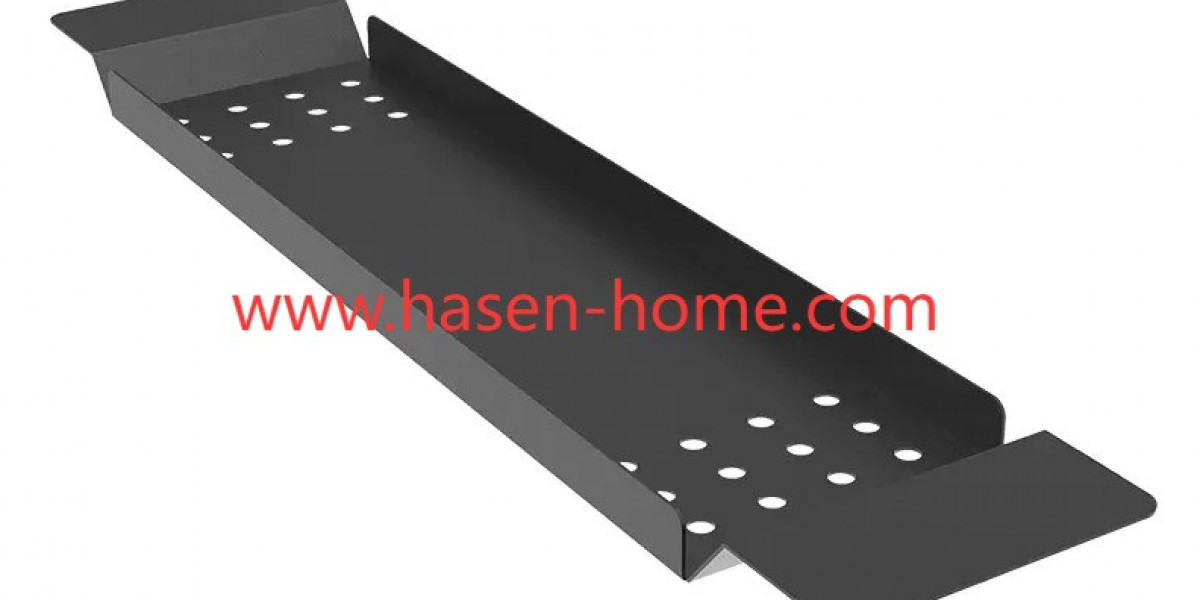Introduction
In today’s fast-moving world of international trade, customs bonded logistics plays a crucial role in helping businesses manage imports and exports efficiently. Every country has rules and taxes that apply when goods cross borders, but with bonded logistics, companies can store, handle, or even re-export products without paying immediate duties or taxes.
This blog explains how customs bonded logistics supports global trade, the connection between FTZ warehousing, and the benefits of Foreign Trade Zones and Customs Bonded solutions. It also explores how these systems help businesses save money, improve operations, and strengthen international relationships.
Understanding Customs Bonded Logistics
What Customs Bonded Logistics Means
Customs bonded logistics is a system where imported goods are stored in a secured and government-approved warehouse without paying taxes or duties until they are moved into the local market. This helps companies manage their cash flow better and gives them flexibility in deciding when and where to sell their products.
Why It Matters in Global Trade
In international trade, delays or errors can be costly. However, customs bonded logistics helps reduce these risks by offering a structured and safe way to store and manage goods. Businesses that depend on imported materials or export large volumes of goods can benefit greatly from this setup. It ensures smooth coordination between manufacturers, distributors, and customs authorities.
The Role of FTZ Warehousing in Trade Efficiency
Connecting Customs Bonded Logistics with FTZ Warehousing
FTZ warehousing, or Foreign Trade Zone warehousing, works similarly to bonded logistics but offers even more flexibility. In these zones, goods can be stored, assembled, relabeled, or even manufactured before paying any import duties. This allows companies to operate more efficiently and adapt to changing global demands.
Both systems—customs bonded logistics and FTZ warehousing—support businesses by simplifying trade operations. They reduce costs, speed up delivery, and create a competitive advantage for companies involved in international supply chains.
Advantages for Global Businesses
Companies using FTZ warehousing and Foreign Trade Zones and Customs Bonded solutions gain several benefits, such as:
Reduced costs: Duties are paid only when products enter the local market.
Improved flexibility: Goods can be stored for long periods without added tax pressure.
Faster distribution: Products can move quickly to different markets once cleared.
Better cash management: Businesses can delay payments and use funds for growth.
FTZ and Customs Bonded Solutions Supporting Global Trade
Simplifying International Operations
Both FTZ and Customs Bonded solutions simplify global trade by reducing paperwork and customs-related delays. They create a reliable structure that ensures products are tracked and stored under strict regulations, making international trade more transparent and efficient.
For importers, these solutions mean fewer administrative burdens and more control over product movement. For exporters, it provides the chance to reach new markets faster and at lower costs.
Building Stronger Supply Chains
Strong supply chains are the backbone of international business. Customs bonded logistics supports these networks by helping companies manage inventory, handle customs duties smartly, and respond quickly to changing global conditions. By combining bonded logistics with FTZ warehousing, businesses can optimize their supply chain operations and improve customer satisfaction.
Technology Transforming Customs Bonded Logistics
Automation and Tracking Systems
Modern customs bonded logistics depends heavily on technology. Automation tools help track inventory, manage documents, and ensure compliance with international trade laws. Real-time tracking systems allow companies to see exactly where their goods are and when they will arrive, reducing uncertainty and errors.
Data-Driven Decision Making
Data and analytics also play a key role in improving performance. With detailed information about shipping times, customs processes, and inventory turnover, companies can make smarter decisions that save time and money. Moreover, technology helps predict demand, prevent delays, and improve trade forecasting accuracy.
The Economic Impact of Customs Bonded Logistics
Reducing Costs for Businesses
By using customs bonded logistics, companies can delay paying import duties until products are sold or used, giving them more financial flexibility. This system is especially useful for businesses that import raw materials or goods for resale. It reduces operational costs and improves profit margins.
Encouraging International Trade Growth
Governments around the world support Foreign Trade Zones and Customs Bonded solutions because they encourage more trade activity. When companies save money through these programs, they are more likely to expand operations, create jobs, and strengthen their presence in global markets.
The Future of Global Trade Through Bonded Logistics
As international trade continues to evolve, customs bonded logistics will become even more important. Businesses are expected to adopt smarter technologies, improve warehouse management systems, and focus on sustainability in trade operations.
FTZ warehousing and bonded zones will continue to drive innovation by creating efficient, cost-effective, and transparent global trade networks. Moreover, FTZ and Customs Bonded solutions will remain central to helping companies meet international demand while following local regulations.
Conclusion
Customs bonded logistics plays a vital role in shaping the success of international trade. It helps businesses manage costs, streamline customs procedures, and operate more efficiently. Combined with FTZ warehousing, FTZ and Customs Bonded solutions, and Foreign Trade Zones and Customs Bonded solutions, this system supports a smoother flow of goods across borders.
In a global economy that demands speed and accuracy, companies that embrace these logistics solutions gain a strategic advantage. By combining technology, smart planning, and compliance, they can strengthen supply chains and ensure long-term success in international markets.







